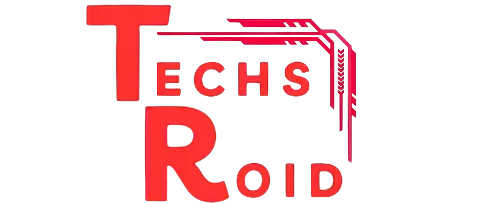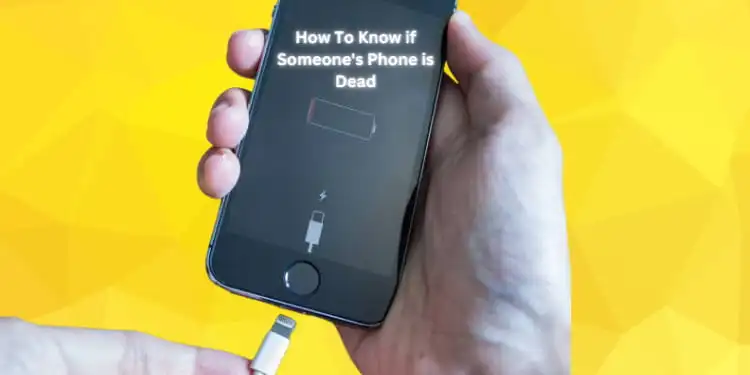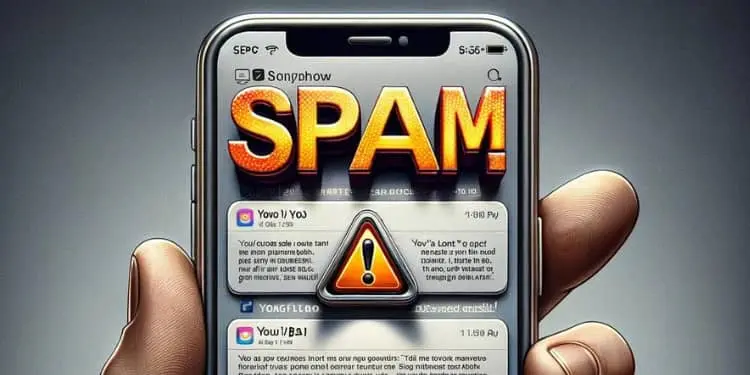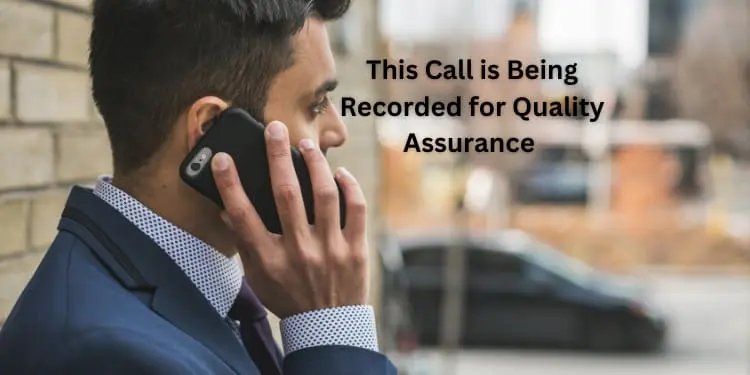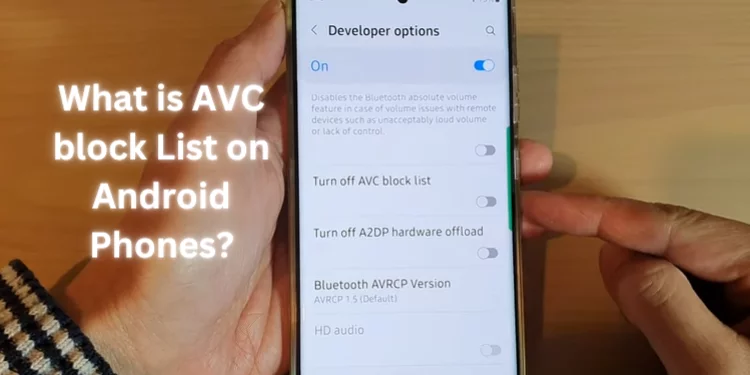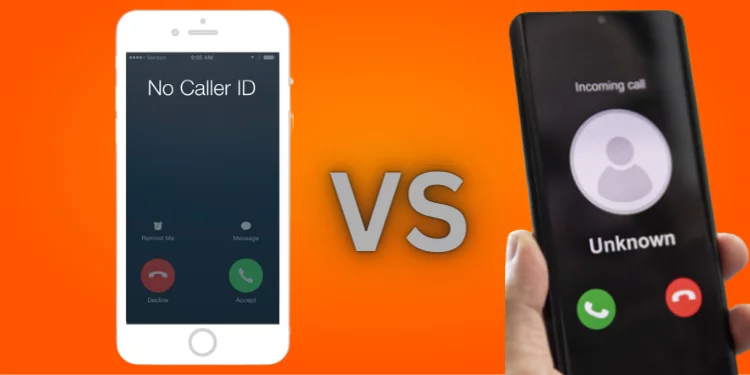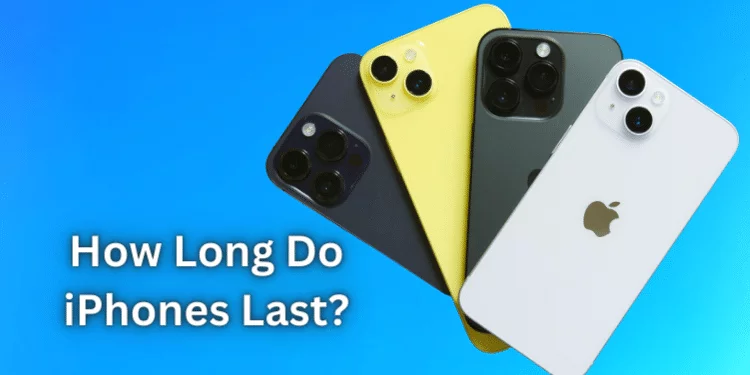Is Star 67 Still a Viable Option for Anonymous Calls? [2024]
Privacy is essential in today’s digital world. We can use a blocking service to avoid being identified as the caller. *67—”Star 67.”—has been used for years. In 2024, with changing technology and privacy concerns, Is Star 67 still a viable option for anonymous calls? We’ll explore what *67 is, how it may be used, and if it’s still a viable privacy alternative.
What Is Star 67?
Many US phone companies offer “Star 67,” which blocks caller ID while making outbound calls. Your number will appear as “Private,” “Unknown,” or “Blocked” on the recipient’s caller ID when you dial *67 followed by their number.
*67 hides your phone number on caller ID. In most cases, those who use this function do so for security or to avoid receiving unwanted phone calls.
Does Star 67 Still Work?
Yes, To utilize *67, dial *67 on your phone’s keypad before calling. The code tells your phone service provider to suppress your caller ID for that call. After dialing *67, you enter the recipient’s number and area code like a regular call. Enter the number and start the call using the normal process.
Your caller ID usually displays “Private,” “Unknown,” or “Blocked” when the recipient answers. This hides your phone number, giving you some privacy during the call.
You can preserve your privacy and remain anonymous by dialing *67, which will prevent your caller ID from showing for specific calls.
When Should You Use *67?
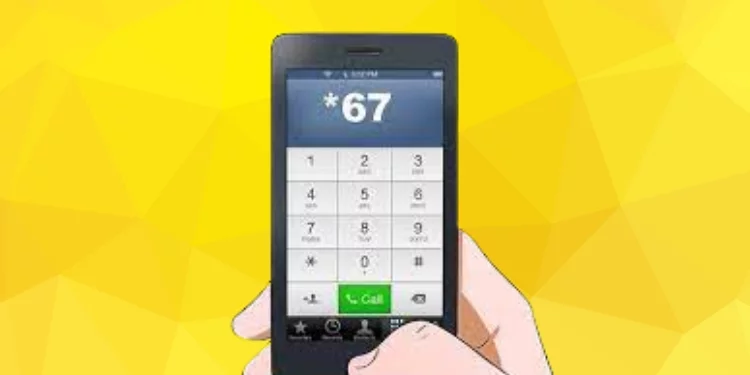
Privacy is a primary reason to utilize *67. There are several reasons to hide your caller ID:
Online Dating
You can use *67 to protect your phone number while meeting someone online until you’re comfortable disclosing it.
Online Shopping
When dealing with unknown online sellers or businesses, provide your phone number. Use *67 to hide your number.
Business calls
Freelancers and digital marketers can use *67 to protect their company numbers when contacting clients.
Privacy Concerns
In personal situations like meeting new friends, you can hide your number.
Does *67 Still Work in 2023 For Avoiding Unwanted Calls?
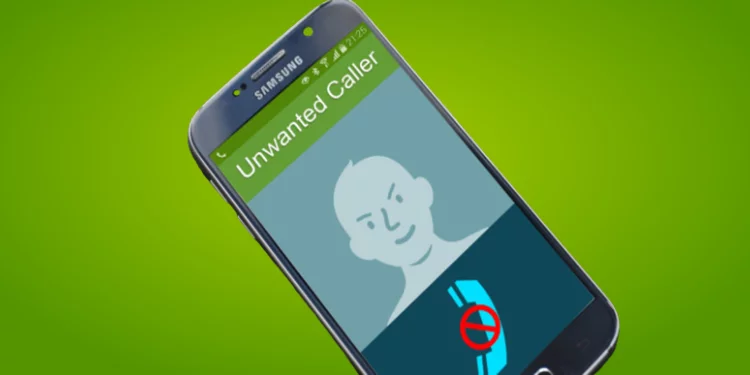
Another common usage for *67 is blocking spam or other unwanted calls.
Telemarketers: By using *67, you can discourage telemarketers from repeatedly calling your number, as they won’t be able to see your caller ID.
Spam Calls: Protect yourself from spam calls and scams by blocking your caller ID when contacting unknown numbers.
Is Star 67 Still a Viable Option for Anonymous Calls?
Yes, Star 67 is still a usable function on many mobile and fixed phone networks. Please note that its availability depends on your service provider and location.
To determine if *67 is available and functional on your phone, consider these steps:
- Contact Your Provider: Contact your phone service provider’s customer support or consult their official documentation to confirm if *67 is still a supported feature.
- Test It: You can also test *67 by calling using the feature to see if your caller ID is hidden correctly.
How to Use *67 on Android Devices?
The process of using *67 on Android smartphones is simple.
- Phone Icon: Select the “Phone” icon on your Android device’s home screen.
- Preferences: Access Find the phone’s search bar. Tap three dots near the dropdown options.
- Choose Preferences: From the menu, choose “Preferences.”
- Go to Calls: Select “Calls” next.
- Extra Configuration: Select “Additional configuration options.”
- Caller ID: Select “Caller ID.”
- Hide Your Number: Finally, tap conceal number. Now, hide your caller ID when calling.
How to Use *67 on iPhones and iOS Devices?
You can also utilize *67 to hide your caller ID if you’re an iPhone user.
- Access Settings: Click “Settings” on the home screen to access iPhone settings.
- Phone Settings: Scroll down to “Phone.”
- Show My Caller ID: Look for the “Show My Caller ID” option in the “Calls” menu.
- Turn Off Caller ID: Ensure the “Show My Caller ID” button is off (usually in white). Your caller ID will be replaced with “No Caller ID” on outgoing calls.
Blocking *67 Calls on iPhones
While dialing *67 will hide your caller ID, you may want to prevent calls from coming in from numbers that use this code.
- Using Do Not Disturb: Activate the Do Not Disturb feature in your iPhone’s settings. This can silence calls from unknown or blocked numbers.
- Creating a “No Caller ID” Contact: Make a new contact with the phone number “000-000-0000” and label it as “No Caller ID.” Then, block this contact to prevent calls from such numbers.
- Utilizing Network-Level Blocking: Check if your cellular service provider offers options to block calls with no caller ID. Many carriers provide this feature, but availability may vary.
How to Block Unwanted Calls on Android?
Android devices also offer built-in features to block unwanted calls, including those from numbers using *67:
- Access Phone Settings: Tap the phone icon, go to the three-dot menu, and select “Settings.”
- Block Numbers: Find the option to “Block numbers” and enable it to block unknown calls.
FAQs
Is *67 available on all phone systems?
No, the availability of 67 can vary depending on your service provider and location. It’s best to check with your provider to confirm its availability.
Can *67 be used on both Android and iPhone devices?
Yes, 67 can typically be used on Android and iPhone devices to hide your caller ID.
Does *67 completely hide my identity from everyone?
While 67 can hide your caller ID from the recipient, it may not fully conceal your identity from your service provider or in certain legal situations.
Are there any legal restrictions on using *67?
Privacy-related use of 67 is usually allowed. Its misuse for fraud or malice may be illegal.
Can I make calls privately in other ways?
Try secure messaging apps or virtual phone lines to improve communication privacy.
Conclusion
In a world where privacy is valued more, *67 is a helpful tool for hiding caller ID and protecting personal information. However, as technology and privacy concerns advance, remaining knowledgeable about alternate solutions and best practices for privacy protection is crucial. Will new solutions and technologies replace *67?
